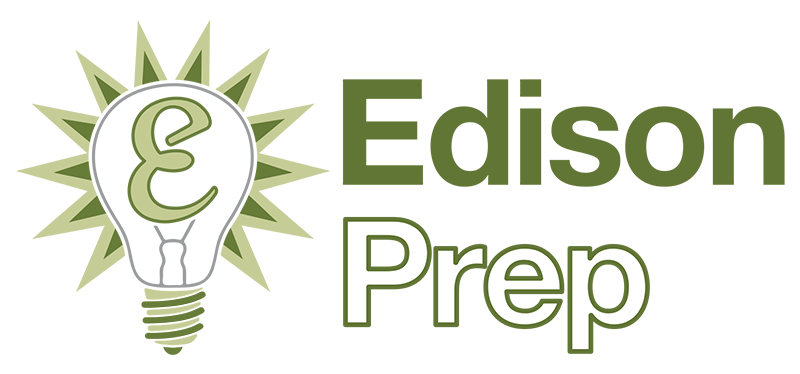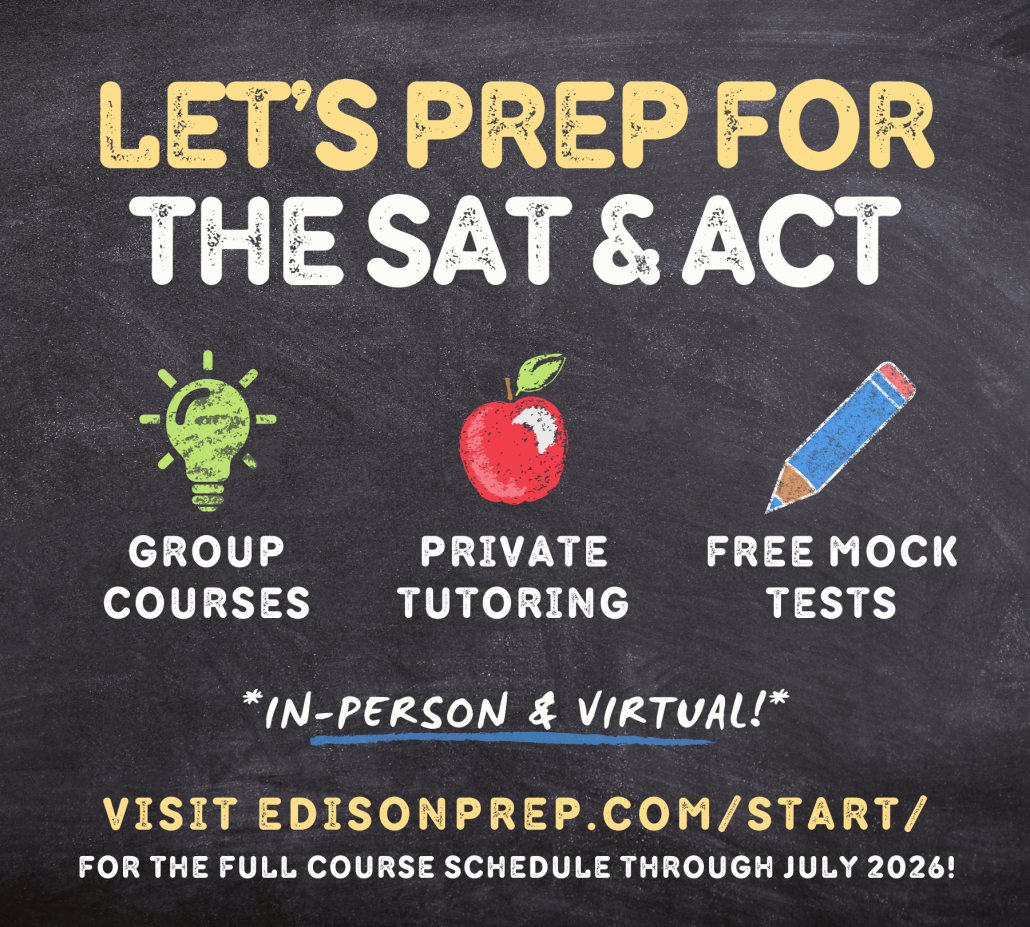Guest Post: Building a Winning Transcript: The Role of Course Selection in College Admissions
By Allison Grandits, Grand Fit Educational Consulting
According to the National Association of College Admissions Counselors, 63.8% of colleges who responded to their survey of the most important factors in college admissions said that the strength of high school curriculum is of “considerable importance,” third behind grades in college prep courses and grades in all courses. Yet, as an independent college counselor, I see so many students and parents stress more about essays (ranked #5 on the survey), teacher recommendations (ranked #8), and extracurricular activities (ranked #9).
While my general philosophy is that most families don’t need to start preparing for college until Sophomore year, course selection is the one exception. The classes your student takes in 8th and 9th grade can open (or close) doors for the rest of high school.
Why Course Selection Matters
Selective colleges receive applications from tens of thousands of high-achieving students each year, and the rigor of a student’s course load can be the differentiating factor. Admissions officers seek students who have challenged themselves academically and demonstrated intellectual curiosity.
How Colleges Evaluate Academic Rigor
Here’s what colleges look for when reviewing a student’s transcript:
- Progressive Rigor: Admissions officers want to see students consistently challenge themselves each year. This is known as an “upward trend,” where students progress from standard to honors, AP, IB, or dual-enrollment classes as appropriate.
- Core Subject Strength: Colleges value a strong foundation in core subjects: English, math, science, social studies, and world languages. I recommend that students take these subjects all four years of high school, despite what middle school credits they may be coming in with.
- Course Choices Within Context: Schools evaluate students within the context of what their high school offers. Typically, AP/IB courses will be seen as more rigorous than Dual Enrollment (DE) courses, if the high school offers an equivalent. However, DE is a great option for students who attend high schools that don’t offer AP courses or if a student has exceeded the opportunities at their school (i.e. Multivariable Calculus).
- Alignment with Interests: For students aspiring to specific majors, advanced courses in related fields show commitment knowledge. Many selective engineering programs require students to take Physics (not just Physical Science) and Calculus. Students can also explore career fields through the various electives offered in their high school.
Common Missteps in Course Selection
- Prioritizing GPA Over Rigor: I often hear, “Is it better to get an A in an on-level or a B in an AP course?” When someone asked that question during a conference I recently attended, an admissions counselor cheekily responded, “It’s better to get an A in an AP course.” While I understand that families worry that taking more challenging courses might jeopardize a perfect GPA, seeing all A’s on a transcript could cause a college to wonder if the student were capable of more.
- Not Considering College Recommendations/Requirements: In Georgia, high school graduation requirements align with the University System of Georgia Staying On Course requirements. However, the USG requirements are sufficient for all private and out-of-state colleges. For example, the University of California system requires 1 Fine Arts credit, and that 1 credit must be in the same discipline.
- Skipping Senior Year Rigor: Colleges expect students to maintain or even increase their academic rigor during senior year. In some metro Atlanta school districts, students can take a reduced schedule during their senior year. Many students consider senior year to be the end of their academic journey and a time to coast through graduation; however, colleges view senior year as a time for students to take off and show that they are truly ready for a rigorous environment.
- Underestimating the Importance of Balance: Overloading on difficult courses can lead to burnout and negatively impact extracurricular commitments. When I talk to students about their courses for the upcoming year, I ask them how they feel about their current schedules this year. If they felt like it was manageable, we discuss adding rigor, but if it wasn’t, or they have new commitments, we make appropriate adjustments.
Tips for Parents
- Start Early: Engage in course selection conversations as early as freshman year to ensure your child is on the right track. If they have specific goals or aspirations, look at the course catalog with them to see what prerequisites they would need to take to get into the advanced courses they are looking for.
- Reassess Annually: Revisit course selection each year to ensure the schedule reflects growth and readiness for increased challenges. If your student hates reading and writing, maybe encourage them not to take AP World History or AP Language. Urge them to sign up for Physics and Calculus if they want to enter STEM. Even if they don’t end up with AP credit for these courses, they will still have a good foundation going into a future college-level course.
- Know Your Student: Each person’s journey to college is different, and not every student wants to attend a selective college. Your student doesn’t need to take AP or DE courses to be eligible for the HOPE Scholarship, and there will still be plenty of options if they only take 2 years of World Language. Rest assured, many excellent colleges will value your child for who they are, regardless of their course load.
Final Thoughts
As a parent, you’re investing time, energy, and resources into your child’s college journey, so don’t let course selection be an afterthought. Thoughtful course selection today sets the stage for success tomorrow. Remember, by helping your student build a rigorous and balanced academic record, you ensure their transcript tells a story of ambition, resilience, and preparation.
By Allison Grandits, Grand Fit Educational Consulting
A former Fulton County School Counselor, Allison Grandits now works as an Independent Educational Consultant to empower high school students to take ownership of their journeys to college by finding them schools that are a GRAND fit academically, socially, and financially. Allison holds a BA and M.Ed. from the University of Georgia and a post-graduate certificate in College Consulting from the University of California Irvine. She is also a member of HECA, RMACAC, and CCC, as well as an associate member of IECA.









